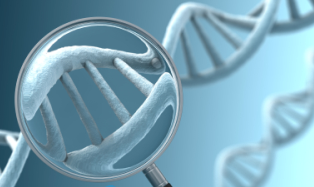



Transplant Genetic Testing
Genetic Testing
It is possible for a family member to have kidney cysts and this not be PKD. Sometimes genetic testing is done when one family member without any symptoms of PKD/PLD wishes to donate an organ to another family member. Genetic testing can give the diagnosis of PKD but this can be costly.At present, PKD cannot be diagnosed by a single blood test. However, in some situations where it is important to have a diagnosis (for example, if a family member wants to donate a kidney to an affected parent or sibling, and ultrasound and CT scans are normal), genetic specialized blood testing performed on at least three family members can be done to obtain a definitive diagnosis. This form of testing is called gene linkage analysis.
Even though individuals may have no symptoms, testing for PKD can be done using ultrasound imaging, CT scans, MRI scans and genetic testing. A diagnosis can be made where three or more cysts are detected. This is strengthened by a family history of ADPKD Autosomal Dominant Polycystic Kidney Disease and in some cases, the presence of cysts in the liver.
ADPKD has even been detected in utero from an ultrasound for high risk pregnancies. There has been cases where a parent has kidney cysts and these are not considered ADPKD and the child is thought to have ADPLD. Your nephrologist is the best source for further information.
